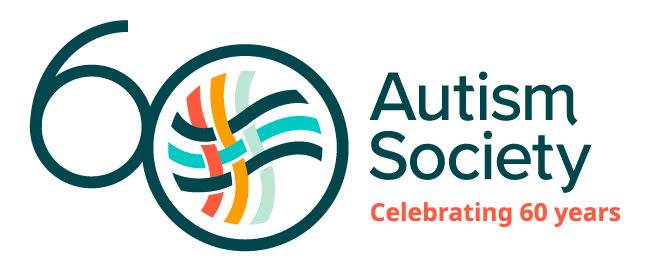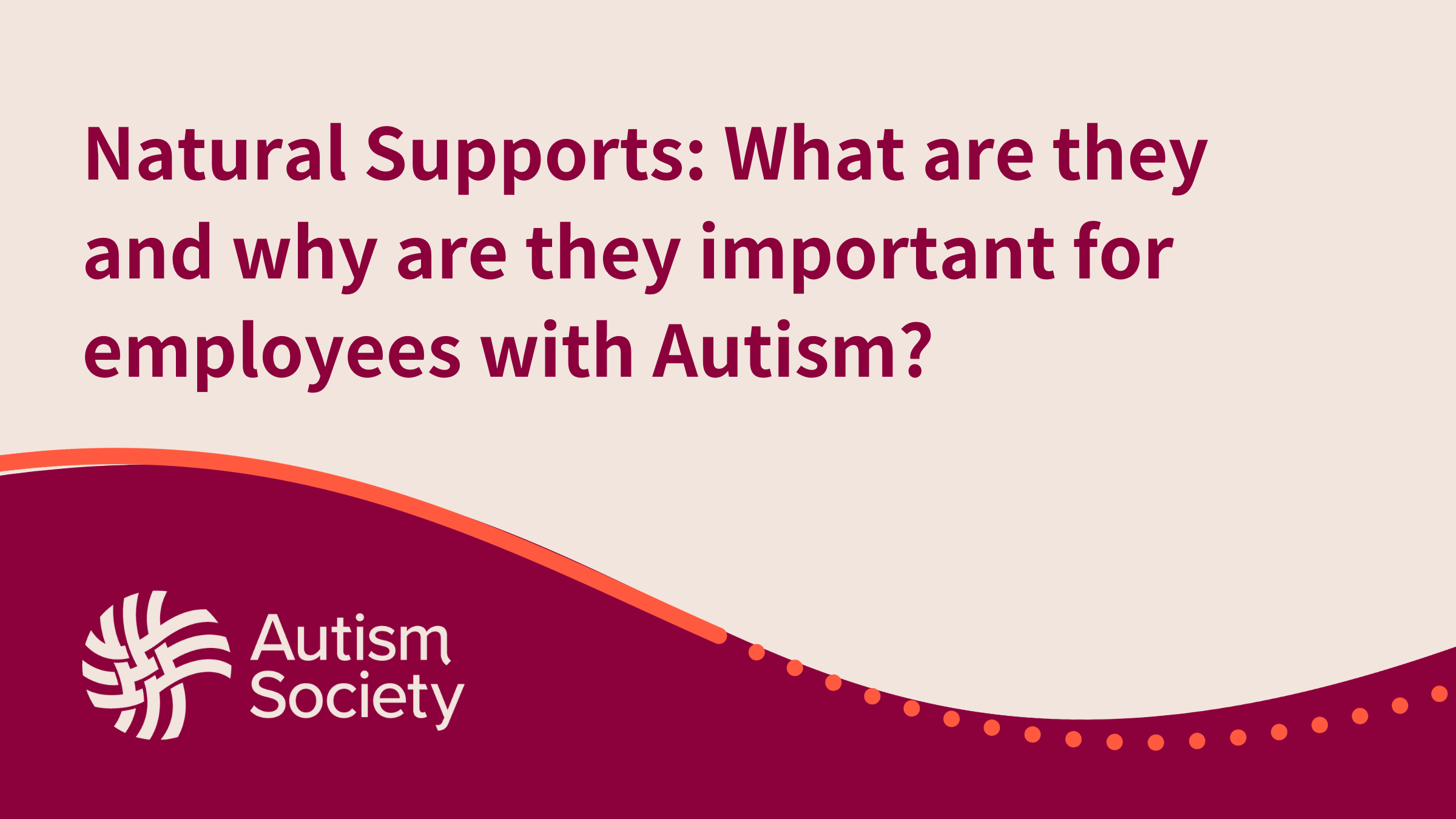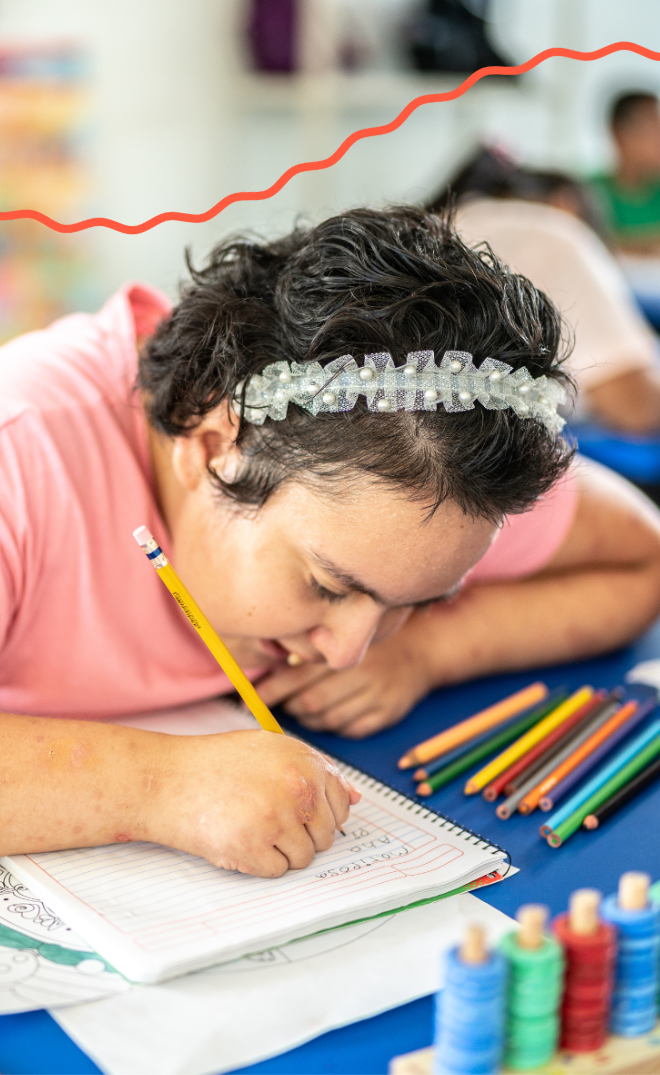
In this issue of Capitol Connection, Congress is returning from the holidays beginning the second session of the 118th Congress. Congress must complete all 12 appropriations bills by February 2nd to avoid a government shutdown. Find resources about Medicaid and Home and community-based services. Please use the Autism Society’s Action Center to educate your Members of Congress on legislative issues important to you and your family. To easily stay up to date on your opportunities to take action, text AUTISM to 50457 to receive our alerts.

118th Congress
The second session of the 118th Congress has begun with members returning this week (see calendar here). They face leftover business from 2023 including passing appropriations for FY 2024 with a looming deadline to keep the government open. They also face a stalled emergency spending request for wars in Ukraine and the Middle East. The year will certainly be complicated by the presidential election with control of both chambers in play.
Appropriations
Congress has until January 19th and February 2nd before the two continuing resolutions (CRs) passed by Congress expire, which will lead to a federal government shutdown if spending bills aren’t passed. The good news is that House and Senate leaders came to an agreement over the weekend on the topline budget numbers. These numbers adhere to the agreement made in the Fiscal Responsibility Act. Negotiators still have a long way to go to come to an agreement on the 12 individual appropriations bills and contentious policy amendments.
The Autism Society signed on to a large coalition letter in December calling on Congress to reject a full-year CR that would significantly cut domestic appropriations and instead adopt the bipartisan Senate funding framework as a starting point for final negotiations. This would have triggered a 1% across-the-board cut that was included in the Fiscal Responsibility Act. Some House members had demanded an even deeper 9.4% across-the-board cut to non-defense spending—a cut of more than $70 billion to domestic spending programs. The Autism Society will continue to monitor the progress of the funding bills and advocate for the highest possible funding levels for programs that support people with Autism and their families.
Employment Legislation
On December 7th, Education and the Workforce Committee Chairwoman Virginia Foxx (R-NC) and Ranking Member Bobby Scott (D-VA) introduced A Stronger Workforce for America Act. The bipartisan bill reauthorizes and amends the Workforce Innovation and Opportunity Act (WIOA) to expand the skills development provided under the law, strengthen the relationship between employers and the workforce system, help individuals released from incarceration transition back to employment, and strengthen workforce education programs at community colleges that align with in-demand jobs. The bill does not make changes to Title IV. Title IV of WIOA is dedicated to improving vocational rehabilitation services and employment outcomes for individuals with disabilities, including those with significant disabilities. It emphasizes individualized services, transition support for youth, and the promotion of competitive integrated employment for people with disabilities. There is no Senate companion bill to date. For more information, see the bill text or the section by section summary.
HCBS Settings Rule Brief
The Kaiser Family Foundation released an issue brief reporting on how states are complying with the home- and community-based services (HCBS) settings rule. In January 2014, the Centers for Medicare and Medicaid Services (CMS) published a final rule that created new requirements for Medicaid home- and community-based services (HCBS) programs. Enforcement of the rule was delayed multiple times, so the requirements only took effect this year, nearly a decade after the rule was originally finalized. States are still coming into compliance with the rule’s provisions. It will significantly affect how HCBS is delivered to the four million people using Medicaid HCBS services, and on the states implementing the rule. In 2023, 47 states provided HCBS through a combined 258 1915(c) waivers, and 14 provided HCBS through an 1115 waiver, all of which must comply with the settings rule. By understanding the implementation status, this brief can help state advocates improve services.
HCBS Legislation Comparison
Also related to home and community-based services, Senator Bob Casey (D-PA) prepared a resource comparing the different proposals in Congress to boost the home and community-based services system (HCBS). The three bills highlighted include the Better Care Better Jobs Act, the HCBS Access Act, and the HCBS Relief Act. All three bills are sponsored by Senator Casey in the Senate and Representative Dingell (D-MI) in the House. The HCBS Relief Act is the most recently introduced bill and has a lower cost point but a shorter time period, boosting federal dollars into the system for two years. The Autism Society supports all three of these bills and will monitor any movement. Use Autism Society’s Action Center to educate your Members of Congress on the importance of these bills.
Affordable Care Act Civil Rights Protections
In August 2022, the Department of Health and Human Services Office for Civil Rights issued a proposed rule implementing Section 1557 of the Affordable Care Act, which protects against discrimination in health care based on race, color, national origin, sex, age, and disability. This proposed rule not only clarifies the broad civil rights protections extended in Section 1557 but provides concrete tools to combat intersectional discrimination in health care. However, the final rule has not been published. The Autism Society signed a letter prepared by the Leadership Conference on Civil and Human Rights urging the administration to move quickly to finalize and publish the rule so that our communities can benefit from the law’s protections.
Census Disability Questions
The Autism Society signed on to comments developed by the Consortium for Constituents with Disabilities (CCD) to the U.S. Census Bureau, in response to proposed changes to disability questions on the American Community Survey, which threaten to undercount disabled people. Disability population numbers are tied to many federal programs disabled individuals rely on, and with this change, these programs could lose critical funding.
New Resource on Medicaid Coverage
CMS has a new “drop-in article” in English and Spanish for people who lost Medicaid due to the unwinding of pandemic flexibilities. This article can be shared directly with families to help them understand what to do if they have been disenrolled from Medicaid or CHIP.
State Advocacy
26 state sessions are in full swing with many bills already introduced that impact the Autism community. Contact Delancy Allred if you are working on state legislation and need support.
Justice Center Corner
Solitary Confinement
A recent U.S. Supreme Court decision involving the use of solitary confinement in prisons has had a profound impact on the work of the Justice Center and disability rights as a whole. In Johnson v. Prentice (November 2023), the U.S. Supreme Court denied a petition from a prisoner confined for years without the chance to exercise outside his cell. Michael Johnson, a prisoner in Illinois with “profound mental illness” was placed in solitary confinement that consisted of a windowless cell, a 10-minute trip to the shower, and in theory, one hour of exercise. Prison officials considered Michael’s disruptive behavior, related to mentally decompensating, ‘acting out’ and thereby punishable. The use of solitary confinement for individuals with Autism can be particularly problematic. People with Autism may have heightened sensory sensitivities and may struggle with social communication and understanding, making the isolation and sensory deprivation of solitary confinement especially challenging and potentially harmful. Read more here: How Long Without Outdoor Exercise Is Too Long for a Prisoner in Solitary? – The New York Times (nytimes.com)
Share:






